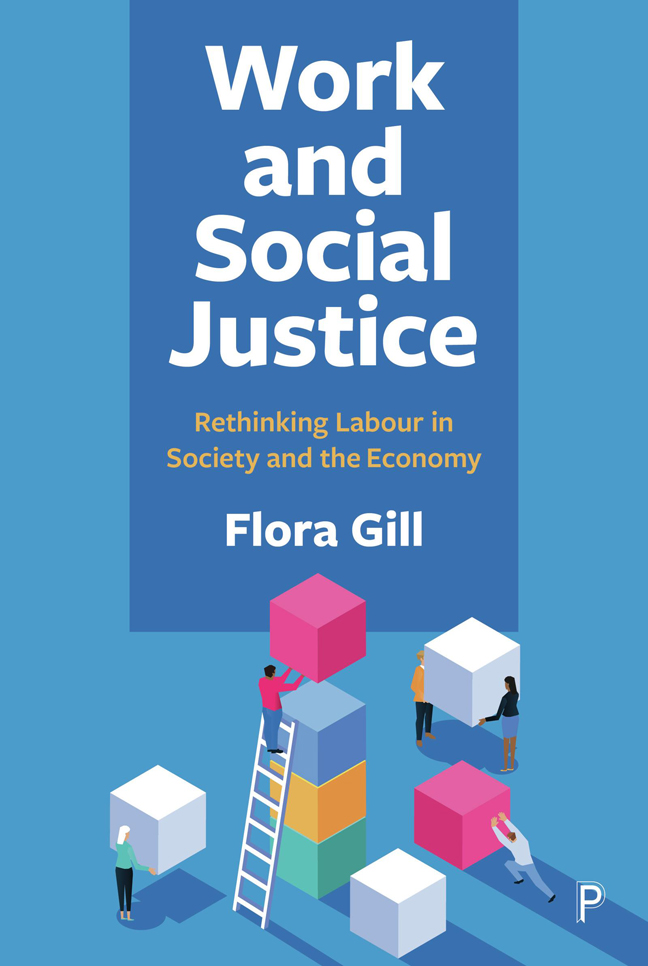7 - Enter neoliberalism
Published online by Cambridge University Press: 23 January 2024
Summary
Introduction
Enlightenment philosophy inspired the progressive legislation of the 19th century that culminated in the welfare state during the mid-20th century. By the late 1970s, neoliberal policy essentially set out to reverse that progressive course. Governments embarked on major labour market ‘deregulation’ and public sector privatistion policies, primarily – but not only – in English-speaking countries. As David Marquand aptly put it, ‘In advanced industrial societies, one of the central themes of the golden age was “embourgeoisement”: the spread to the working class of job security, career ladders and lifestyles which had formerly been the prerogatives of the middle class. Now the engines have gone into reverse’ (Marquand, 1997: 4).
Many of those who had a secure and quite well-paid job are now abandoned to the vagaries of precarious employment in poorly paid jobs. Deregulation, or more aptly ‘reregulation’ (as some writers describe it) has also opened the doors to harsh working conditions that echo the emerging factories of the industrial revolution during late 18th and most of the 19th century.
Harsher has been the lot of the vast majority of the US population whose average standard of living has been eroding. The average standard of living of the lower-income earners is stuck where it was six decades ago. And the average standard of living of the middle-income earners is where it was four decades ago. Together, these two groups include 90 per cent of America's income earners. Yet, the average standard of living of the US population keeps growing. The growth accrues to the very top earners. This is true even at the very top; the percentage increase in the incomes of the wealthiest top 0.1 per cent is larger than the percentage increase in the incomes of the remaining 9.9 per cent of the top 10 per cent group.
This incredible pattern of inequality, and the stagnation in the level of income of the vast majority of Americans, could not possibly be explained away as an ‘inevitable economic outcome’. Rather, both phenomena are fundamentally the consequence of the suite of retrograde policies that have been introduced in the US since the 1970s. They are also the result of a serious lack of proactive policies and bold reconstructive agendas in response to shifts in global patterns of production and trade.
- Type
- Chapter
- Information
- Work and Social JusticeRethinking Labour in Society and the Economy, pp. 51 - 62Publisher: Bristol University PressPrint publication year: 2023



